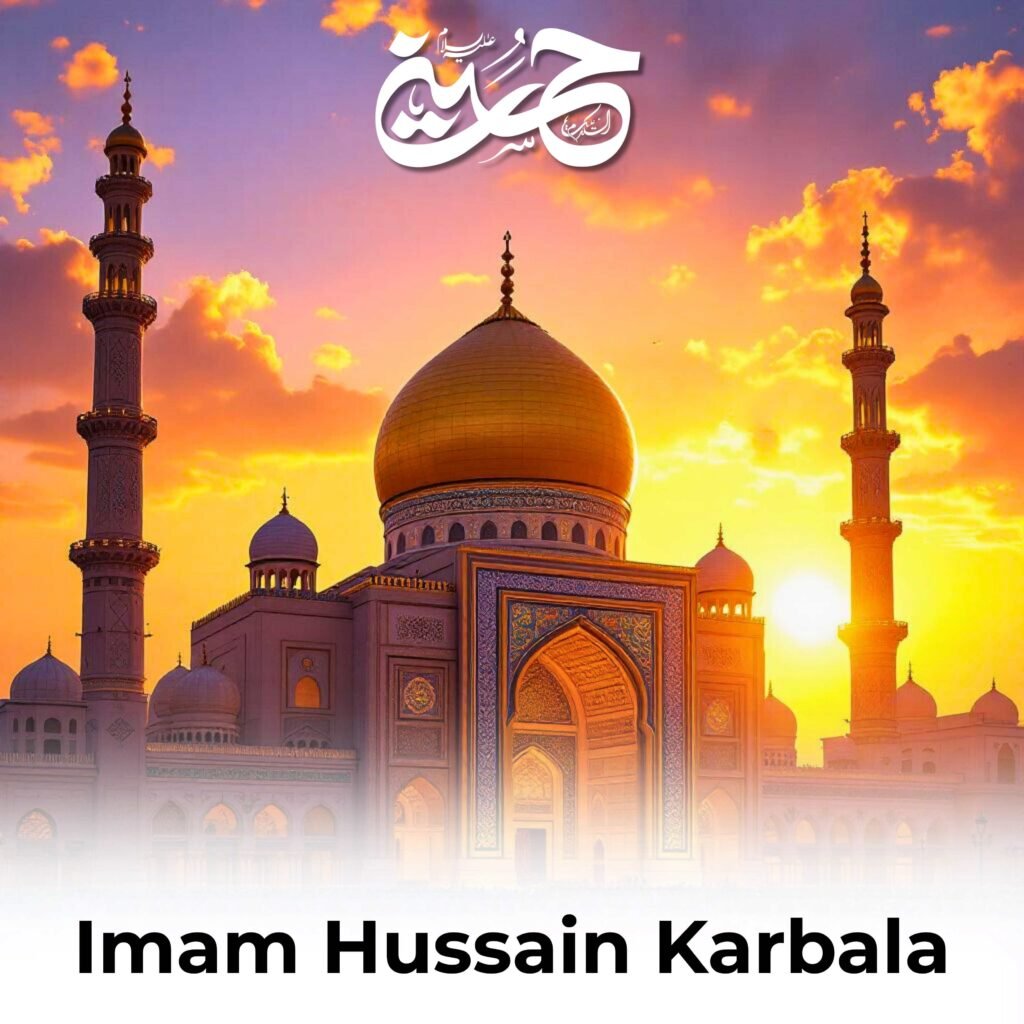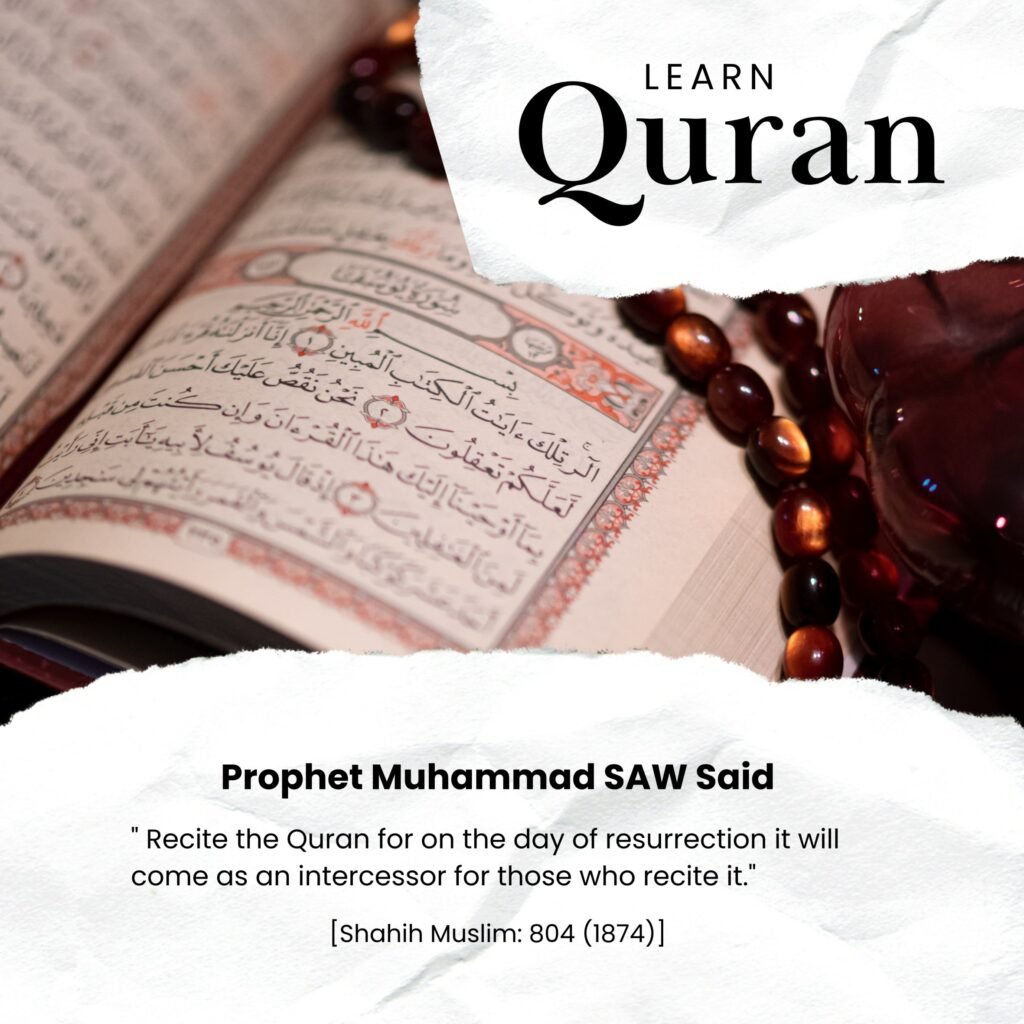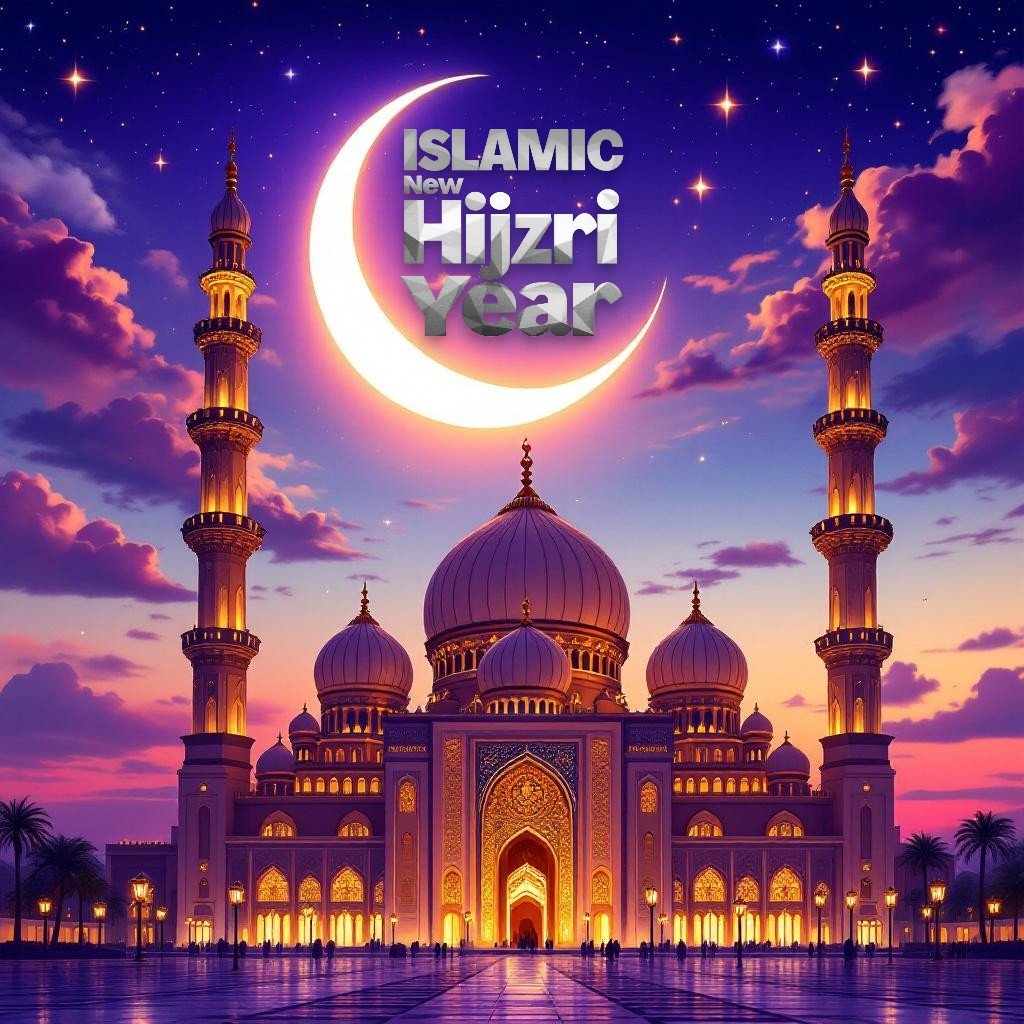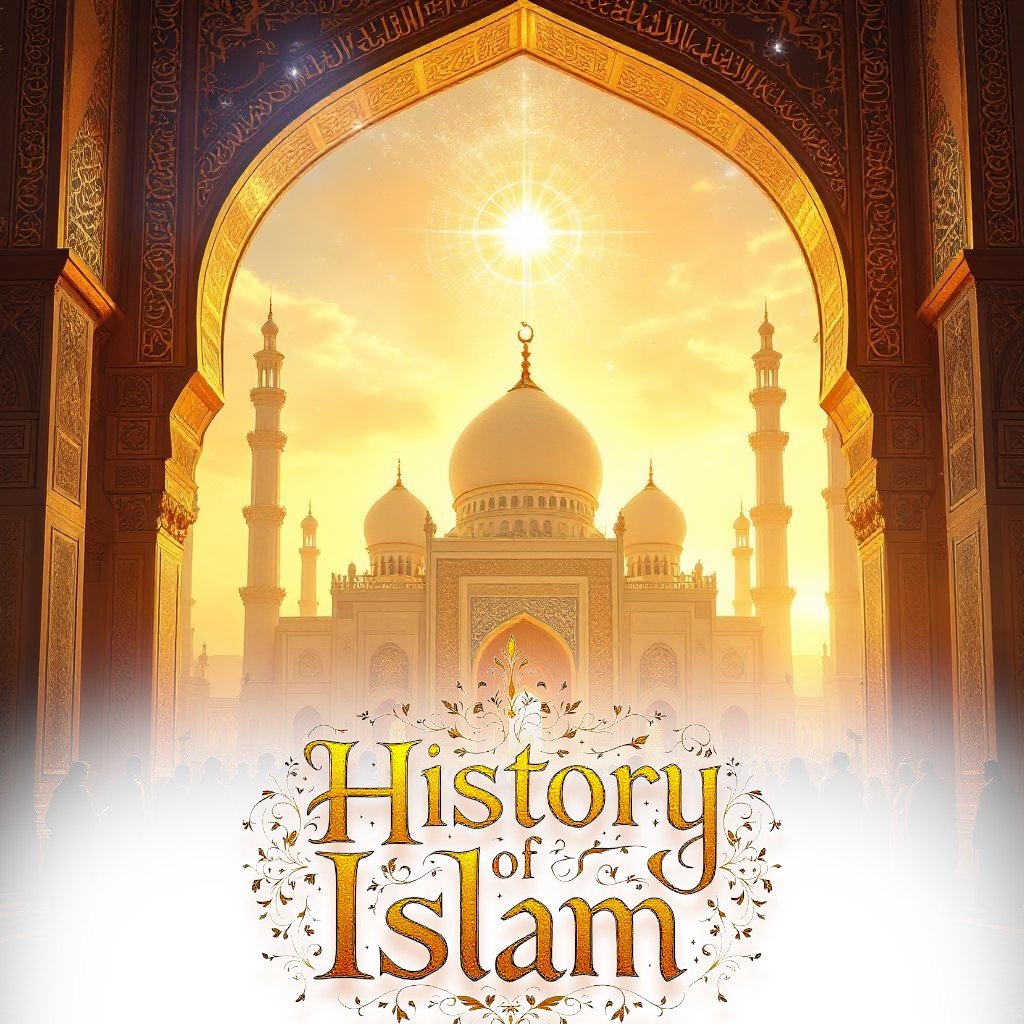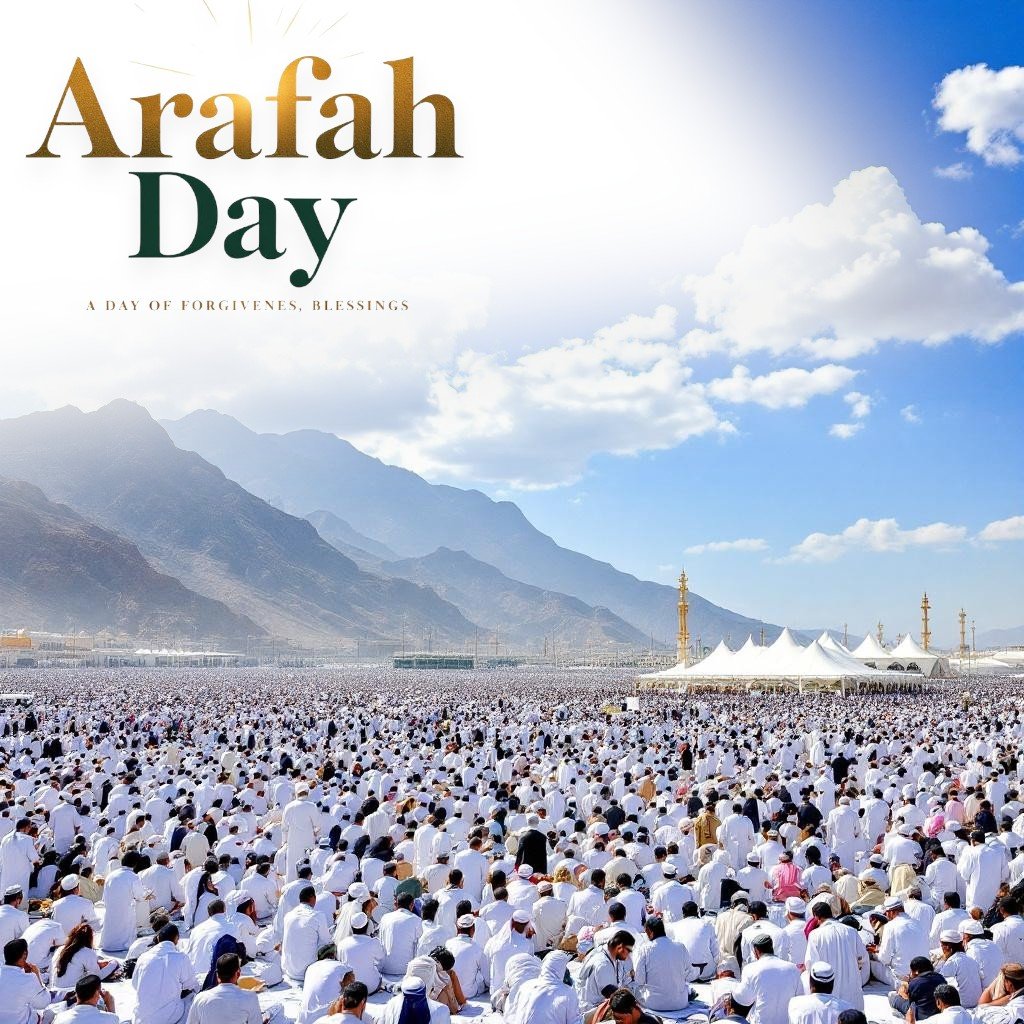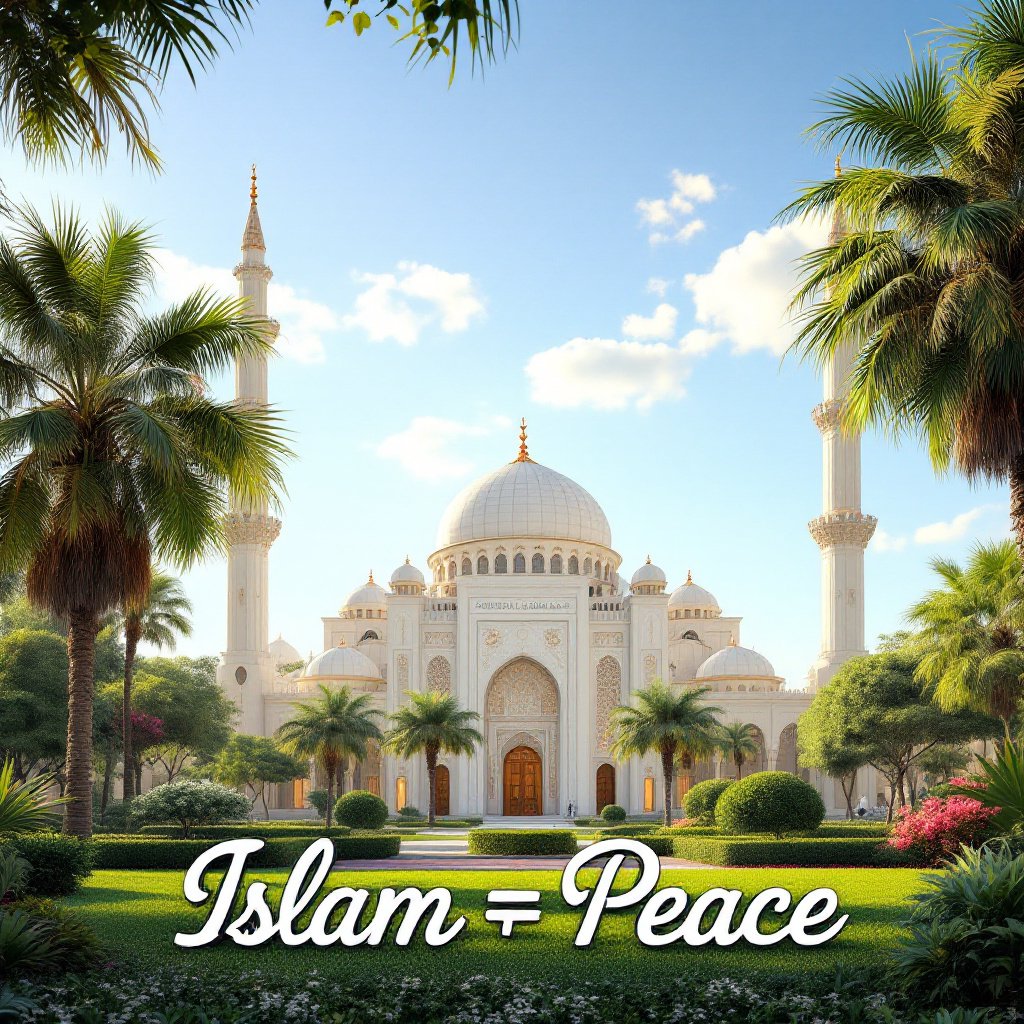The Final 3 Days of Imam Hussain’s Shahadat
The Last 3 Days of Imam Hussain’s (RA) Shahadat (8th, 9th, and 10th Muharram) Introduction: The final three days of the life of Imam Hussain (RA), which are recognized on Muharram 8th, 9th, and 10th, are not just historical moments in the Islamic calendar; they are oceans of divine teachings, fortitude, and complete submission to truthfulness. Imam Hussain (RA)—the grandchild of Prophet Muhammad ﷺ—did not act for political reasons; he took a stand to protect the religion of Islam. Thus, the sacrifice of Imam Hussain (RA) at Karbala was a flicker of light amid the black clouds of oppression. These days are sacred to Sunni Muslims, especially with respect to how Imam Hussain (RA) embodied the views presented in the Quran and Sunnah while living and dying. Summary: 8th Muharram: The siege around Imam Hussain’s camp was tightening. 9th Muharram : A night of deep worship and farewell. 10th Muharram (Ashura): The martyrdom of Imam Hussain (RA). He stood on Quranic principles—truth, patience, and justice. The story lives on and inspires generations of believers to stand against oppression, wrongdoing, and tyranny. A Heart-Melting Journey Through Karbala: The Timeline of Events (8th Muharram) On the 8th of Muharram, when Yazid’s forces blocked any contact with water, the desert winds of Karbala carried the cries of children for water. What had parched their innocent lips was not just the physical thirst as a mark of the oppression that Imam Hussain (RA) and his family and companions experienced. However, Hussain (RA) encouraged his family to reinforce their faith by reciting the Quran aloud to encourage their hearts. The holy verses were all about Jannah and reward and the success of the patient ones. The Night of Worship (9th Muharram) At sunset on the 9th day, Imam Hussain (RA) gathered his companions, and in words, that still send chills down our spines, he said, “Leave, the enemy seeks only me.” However, his companions, loyal and God-fearing, chose martyrdom over life. They spent that night in prayer, dhikr, and Quran. Sayyida Zainab (RA) stood in prayer all night as her children slept, untreated and yet full of faith. The tents were filled with humming verses from the Quran. It was said that the sound was like the worship of bees. They recited Surah Yaseen, Surah Al-Kahf, and prayed for forgiveness, mercies, and strength. They found peace in the Quran while facing the fate awaiting them. The Day of Sacrifice (10 Muharram – Ashura) Ashura has arrived. Every moment was a challenge of patience. Imam Hussain (RA) said his goodbyes to his family, kissed his infant son Ali Asghar (RA), as a symbolic gesture of offering him to the enemy for water. Instead, An arrow struck the neck of the infant. He shuddered while burying his son outside the tents. Hussain (RA) went to the battle field and recited reminder said as follows: “Indeed we belong to Allah, and indeed to Him we will return.” (Quran 2:156) He fought with patience, whilst displaying all values of Quraan. His martyrdom wasn’t loss, it was the victory of truth. His final sujood on the burning sands was the ultimate form of worship. Features: Lessons That Live On: Imam Hussain (RA) exemplified everything in life according to the Quran, including struggle, patience, and willingness to sacrifice everything. Sayyida Zainab (RA) certainly serves as an exemplary figure of courage amidst tragedy for Muslim women. The events of Tasu’a and Ashura should demonstrate to us the value of the importance of making salah, dhikr and contemplation of the Quran in times of difficulties. Many Sunni scholars and Sunni poets, are poets who wrote about the events and concepts of Karbala, were heavily influenced by the Quran. Sunni scholars like Imam Ahmad Raza Khan Barelvi, Shah Waliullah, Imam Ghazali, and many others recognized that Imam Hussain (RA)’s approach is the only approach for true Islam. Children, as they practice learning the Quran, are inheritors of Imam Hussain (RA)’s love for divine guidance. Story: A Boy Who Derived Strength From The Quran Ahmed, a 9-year-old boy from Hyderabad who was struggling with life after losing his father. His mother decided to enroll him in online Quran courses. On Ashura, he finished his first-ever full recitation. With tears in his eyes he said, “Now I feel like I stood beside Imam Hussain (RA), because I now have the Quran in my life that he lived for”. Religion, Beliefs, and Facts: The martyrdom of Imam Hussain (RA) is honored by Sunni Muslims as a lesson in sacrifice, not as mourning. The Quran reminds us regularly of the honor martyrs are blessed with. Ashura is also the day Allah provided rescue for prophet Musa (AS) from pharaoh, making it a day of Allah’s intervention. To fast on Ashura is a Sunnah of the Prophet Muhammad ﷺ. Conclusion: The final three days of Imam Hussain’s life should not be just historical events—they are a living reality in our hearts. His sacrifice came from the Quran and legacy of the Prophet ﷺ. As believers, we need to embody his ideals of truth, honor, and unwavering faith.Let us remember: “Indeed the Qur’an guides to that which is most upright” (Quran 17:9)May the Qur’an continue to guide our hearts as it did for Hussain (RA). Referring to Imam Hussain (RA): “If you want to better understand the day of Ashura and its importance in Islamic history, check out our blog The Day of Ashura.” Teachings of the Quran:“The role of the Quran in the lives of the Ahlul Bayt is elaborated nicely in our blog Recitation of Quran and Voice Beautification.” Muharram Topic:“You can also read how we think of the Islamic New Hijri Year & Muharram as a time to prepare spiritually.” 🌐 Connect with Us on Social Media Follow for daily inspiration, Islamic reminders, and soulful recitations. Stay connected with our global spiritual family. 5 FAQs About the Last Days of Imam Hussain (RA) Frequently Asked Questions 1. Why do Sunni Muslims honor Ashura? Sunni Muslims
The Final 3 Days of Imam Hussain’s Shahadat Read More »

